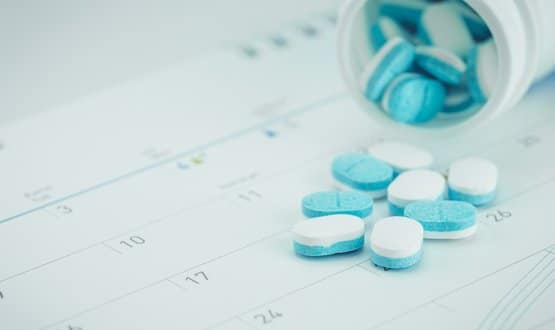A new digitised system is to be piloted in the NHS next year to help crack down on fraudulent prescriptions, according to reports.
Though the NHS Business Authority runs random checks, it is estimated that prescription fraud costs the NHS in England an estimated £256m a year.
However, a new digital system will mean pharmacies will immediately be able to verify who is entitled to free medication, BBC News has reported.
News of a digitalised system has been met with a mixed response from pharmacists.
Sandra Gidley, chair of the English Pharmacy Board at the Royal Pharmaceutical Society, highlighted some of the potential problems that could arise.
She said: “What if the computer says no? That is a real dilemma.
“Sometimes somebody has free prescriptions legitimately, they’ve got a medical exception – they’re something like a diabetic – and they might forget to renew it and the computer says no.
“You’re not going to stop a diabetic from getting their insulin, for example.”
At the moment, patients either have to show an exemption certificate or sign the back of their prescription to say they do not have to pay the £8.80 charge.
Having a digital system will mean pharmacists will have to check the exemption system before they are allowed to hand over medication.
Secretary of State for Health and Social Care, Matt Hancock, said the NHS “is not an easy target”.
.@MattHancock has today announced new measures to crack down on fraud in the NHS – with the goal of halving all prescription fraud within the next five years. pic.twitter.com/fjMkzHwpTO
— Department of Health and Social Care (@DHSCgovuk) October 14, 2018
In August 2018, Now Healthcare received approval to open a robot-powered ‘digital pharmacy’ in Liverpool.


20 October 2018 @ 14:01
That’s true Ewan, but does that complexity need to be a blocker? Ultimately all the pharmacist needs to see is a Yes or No answer to the Free Prescriptions question. There is clearly substantial implementation and testing work to do to ensure that the pharmacist presented with a No is not put in an awkward dilemma, but the prize here is surely worth it.
16 October 2018 @ 14:17
There are a complex set of exemptions and remissions from prescription charges and It’s going to really challenging to get at the data for all of these.
Seems like another good idea that’s not be thought through. A bit like last weeks amnesty for patients hanging on to crutches and other stuff they no longer need when a lot of NHS organisation won’t take stuff back. (My crutches were refused when I tried to return them after a hip replacement and from twitter it seems I am not alone.)
Maybe not squandering money on obsolete IT might be a better place to start.